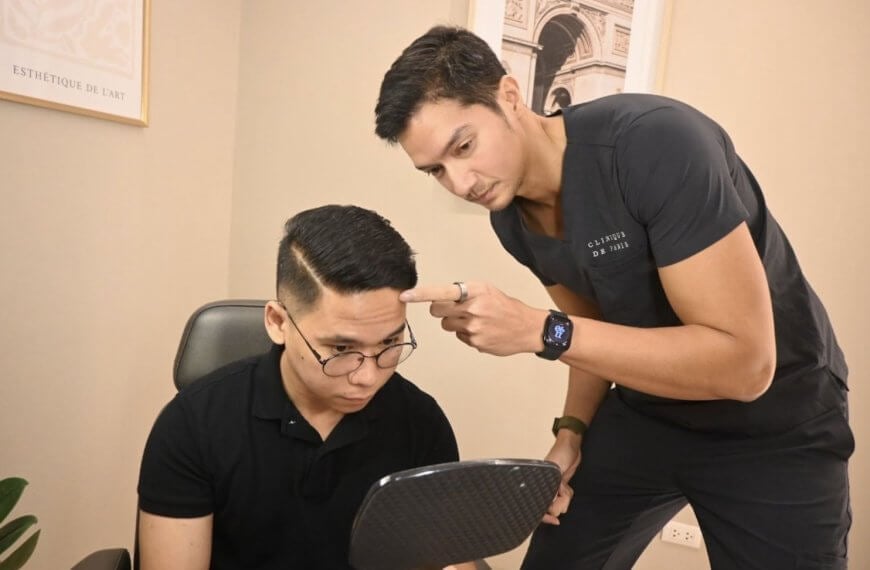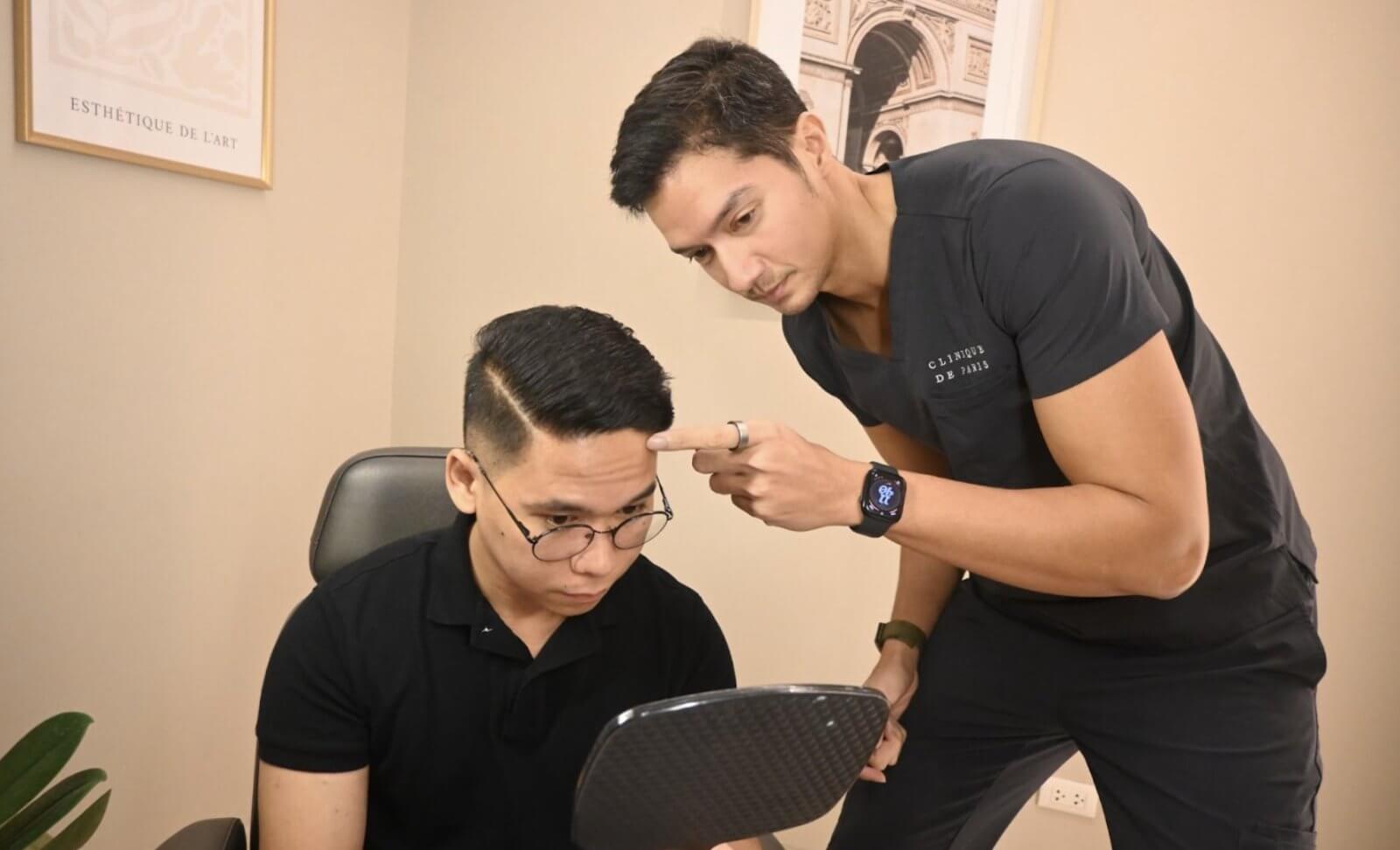by Johanna Patricia A. Cañal, MD, MHA, MSc
There’s so much out there about taking care of one’s skin…so much that it has become confusing.
Truth is that there are only 3 things you really need to do for your skin—MOISTURIZE, PROTECT and TREAT.
Accept that a universal truth is that ALL skin needs to be moisturized. Some will need more moisture than others, but all skin needs to be moisturized. Oily skin is not necessarily moisturized skin. Dry skin definitely needs moisture. Now there are volumes and volumes of material on what moisturizers are best for you. The choice of moisturizer is dependent on a person’s skin type.
Another truth for skin is that it needs to be protected. This is a job for sunscreen. Everyone needs sunscreen, whether one’s skin is dark or light. Light-colored skin needs more sunscreen. This is why it is best to use skin products with an SPF (sun protection factor) number. The SPF number tells us how well the product will protect against sunburn. A product that has an SPF of 15 is supposed to be able to filter out 93% of the sun’s ultraviolet-B (UVB) rays. An SPF of 30 is supposed to be able to filter out 97% of UVB, the part of the ultraviolet spectrum that causes sunburn.
The third best gift that you can give your skin is to have it treated IF the skin requires it. Some people have perfect skin. Most don’t. Most of us will have issues like acne, sun spots, allergies, etc. There are many products out there, and that is precisely the problem. There are too many products. Not all products are good for everyone. There are specific uses for specific products.
The bottom line: see your dermatologist.
Make sure this is a board-certified dermatologist then ask all your questions. Which is the best moisturizer for me? Water-based? Oil-based? Dermatologists have ways of determining your skin type and prescribing the best moisturizer for you. It’s the same for a sunscreen. How high an SPF number should you use? Is the generic, easily available, over-the-counter sunscreen enough for you? Is your drugstore variety zit cream enough? Do my pimples need treatment? What can I do for allergies? All these issues and questions are within the expertise of your friendly board-certified dermatologist. Rather than risk the health of your skin (and possibly waste a lot of money experimenting), see your dermatologist now.
Hello!
This short article is part of a series of articles that is designed to make health care more understandable to non-doctors.
As a way of disclosure, I am a radiologist and a radiation oncologist. My strengths, therefore, are diagnosing illness, particularly cancer, and cancer treatment. Thus, I will be talking about medical tests and what these are about.
I shall also be talking about the dreaded disease, cancer. In the 2nd decade of the 21st century, cancer is the #4 cause of death worldwide. NUMBER 4! It used to be #10. It has obviously been going up. The number 1 and 2 killers are cardiovascular diseases…translated into heart attacks and strokes. Number 3 is pneumonias and lung diseases.
The previous century was known as the century of infectious diseases. The most common causes of disease and death were bacterial and viral pneumonia and tuberculosis. The present century is the century of the lifestyle disease. That is, infections don’t play as big a part as lifestyle diseases. What are those? Heart disease, strokes, cancers and injuries/accidents.
But then again, the 21st century has just started, and we already have a pandemic. One never knows what will happen in the next 10, 20 or 30 years. Thus, this series will discuss a range of topics, hopefully the topics most relevant to you.
If there is a topic that you want clarified, please do drop me an e-mail at [email protected]. Please just fill in the subject line with: [SULIT] Your question

























